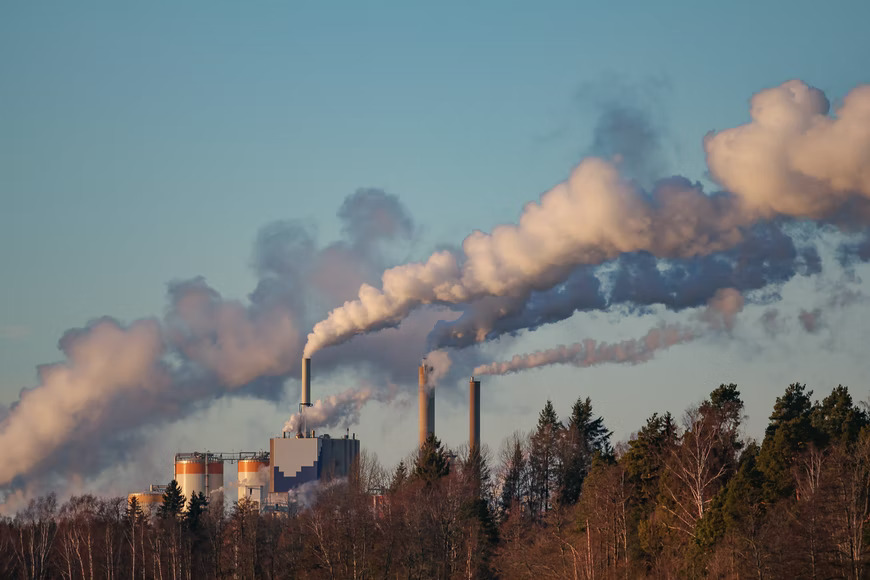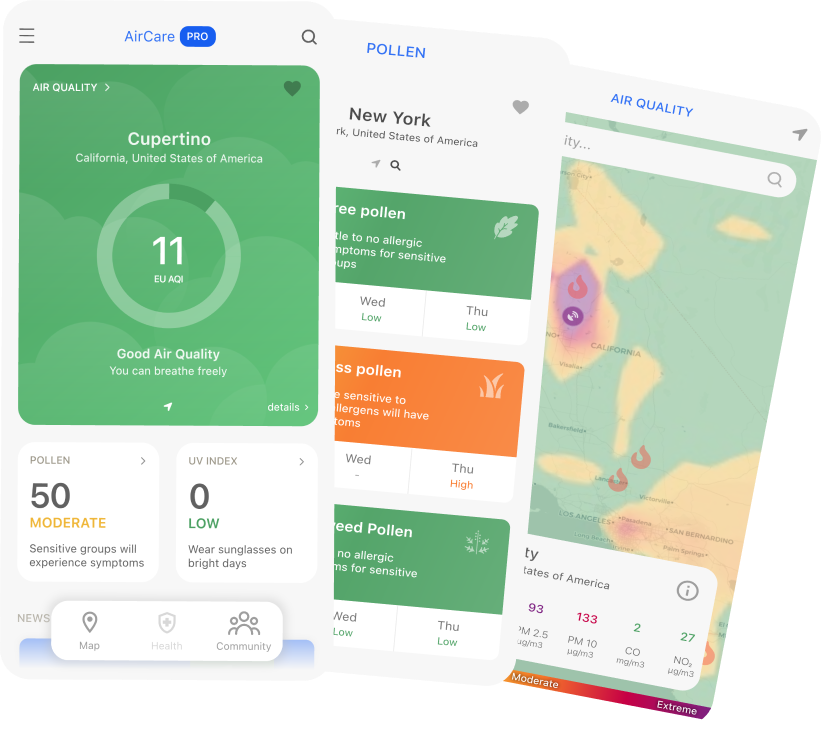Science shows that breathing in unhealthy air is dangerous. Even very low levels of air pollution play a role in lung and heart diseases and can lead to death. Both short and long-term exposure to air pollutants has been associated with health impacts.
The head of the World Health Organization, Dr. Tedros Adhanom Ghebreyesus, said that air pollution is the “new tobacco”, and just breathing is killing 7 million people a year.

One study concluded that long-term exposure to higher levels of air pollution can be linked to the faster development of lung damage, even among non-smokers. The researchers looked into the effects that different air pollutants have, including ground-level ozone, the main component of smog.
The study involved approximately 7,000 adults that lived in six cities in the United States, including Winston-Salem, N.C., New York City, St. Paul, Minn, Baltimore, Los Angeles, and Chicago.
It showed that people who were exposed to elevated levels of ground-level ozone developed changes in their lungs similar to those seen in smokers.
One of the authors of the study, Joel Kaufman, an epidemiologist and physician at the University of Washington, said that it was really surprising for them to see that the effects of air pollution were to the same extent as cigarette smoking.
As air pollution levels increase, people who have never smoked are also more likely to get lung cancer and die as a result of it. In short term, air pollution can worsen medical issues like heart disease and asthma. Over a longer period, even low-level exposure to air pollution can play a role in developing heart and lung diseases.
We all know pollution is causing major damage to our bodies, which is why we need to react collectively in an urgent way.
Do you want to know the quality of the air you breathe? Download AirCare – our free mobile app that tracks air pollution from your pocket, and check out the AirCare blog!





